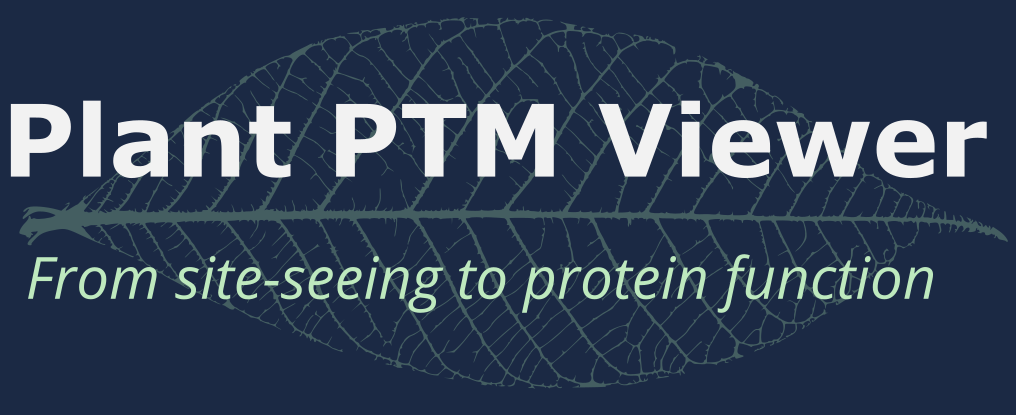Publication Information
Roitinger et al., 2013
Abstract
Mol Cell Proteomics. 2015 Mar;14(3):556-71. doi: 10.1074/mcp.M114.040352. Epub
2015 Jan 5.
Quantitative phosphoproteomics of the ataxia telangiectasia-mutated (ATM) and
ataxia telangiectasia-mutated and rad3-related (ATR) dependent DNA damage
response in Arabidopsis thaliana.
Roitinger E(1), Hofer M(2), Köcher T(3), Pichler P(1), Novatchkova M(1), Yang
J(4), Schlögelhofer P(5), Mechtler K(6).
Author information:
(1)From the ‡Institute of Molecular Pathology (IMP), Vienna, Austria; ¶Institute
of Molecular Biotechnology (IMBA), Vienna, Austria;
(2)§Department of Chromosome Biology, Max F. Perutz Laboratories, University of
Vienna, Vienna, Austria;
(3)From the ‡Institute of Molecular Pathology (IMP), Vienna, Austria;
(4)‖School of Biosciences, University of Birmingham, Edgbaston, Birmingham, UK.
(5)§Department of Chromosome Biology, Max F. Perutz Laboratories, University of
Vienna, Vienna, Austria; Karl.Mechtler@imp.ac.at
Peter.Schloegelhofer@univie.ac.at.
(6)From the ‡Institute of Molecular Pathology (IMP), Vienna, Austria; ¶Institute
of Molecular Biotechnology (IMBA), Vienna, Austria; Karl.Mechtler@imp.ac.at
Peter.Schloegelhofer@univie.ac.at.
The reversible phosphorylation of proteins on serine, threonine, and tyrosine
residues is an important biological regulatory mechanism. In the context of
genome integrity, signaling cascades driven by phosphorylation are crucial for
the coordination and regulation of DNA repair. The two serine/threonine protein
kinases ataxia telangiectasia-mutated (ATM) and Ataxia telangiectasia-mutated
and Rad3-related (ATR) are key factors in this process, each specific for
different kinds of DNA lesions. They are conserved across eukaryotes, mediating
the activation of cell-cycle checkpoints, chromatin modifications, and
regulation of DNA repair proteins. We designed a novel mass spectrometry-based
phosphoproteomics approach to study DNA damage repair in Arabidopsis thaliana.
The protocol combines filter aided sample preparation, immobilized metal
affinity chromatography, metal oxide affinity chromatography, and strong cation
exchange chromatography for phosphopeptide generation, enrichment, and
separation. Isobaric labeling employing iTRAQ (isobaric tags for relative and
absolute quantitation) was used for profiling the phosphoproteome of atm atr
double mutants and wild type plants under either regular growth conditions or
challenged by irradiation. A total of 10,831 proteins were identified and 15,445
unique phosphopeptides were quantified, containing 134 up- and 38 down-regulated
ATM/ATR dependent phosphopeptides. We identified known and novel ATM/ATR targets
such as LIG4 and MRE11 (needed for resistance against ionizing radiation), PIE1
and SDG26 (implicated in chromatin remodeling), PCNA1, WAPL, and PDS5
(implicated in DNA replication), and ASK1 and HTA10 (involved in meiosis).
© 2015 by The American Society for Biochemistry and Molecular Biology, Inc.
DOI: 10.1074/mcp.M114.040352
PMCID: PMC4349977
PMID: 25561503 [Indexed for MEDLINE]

